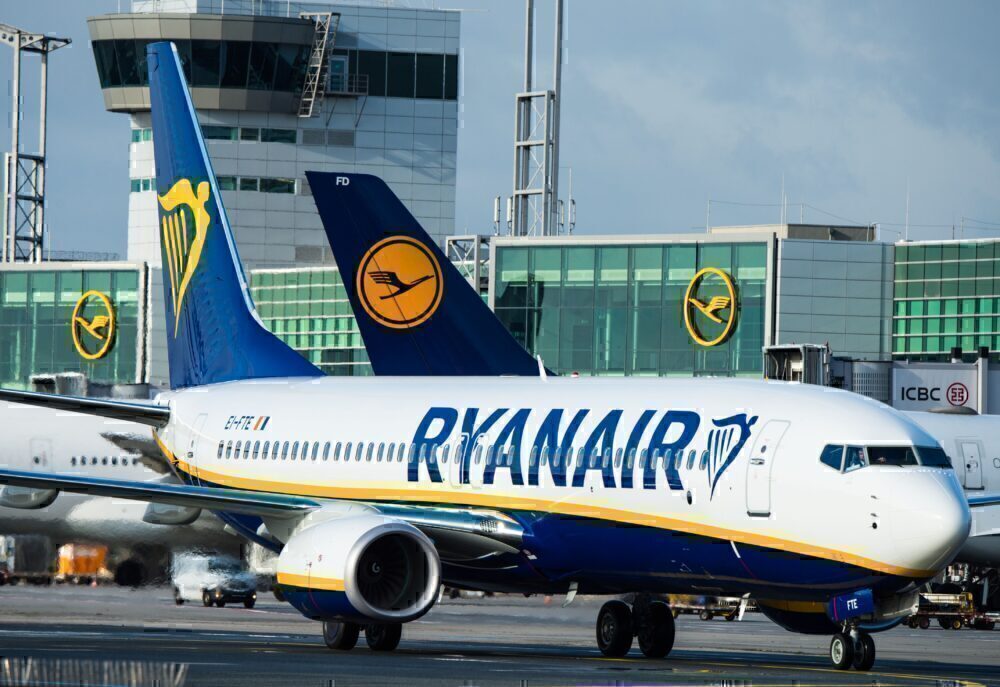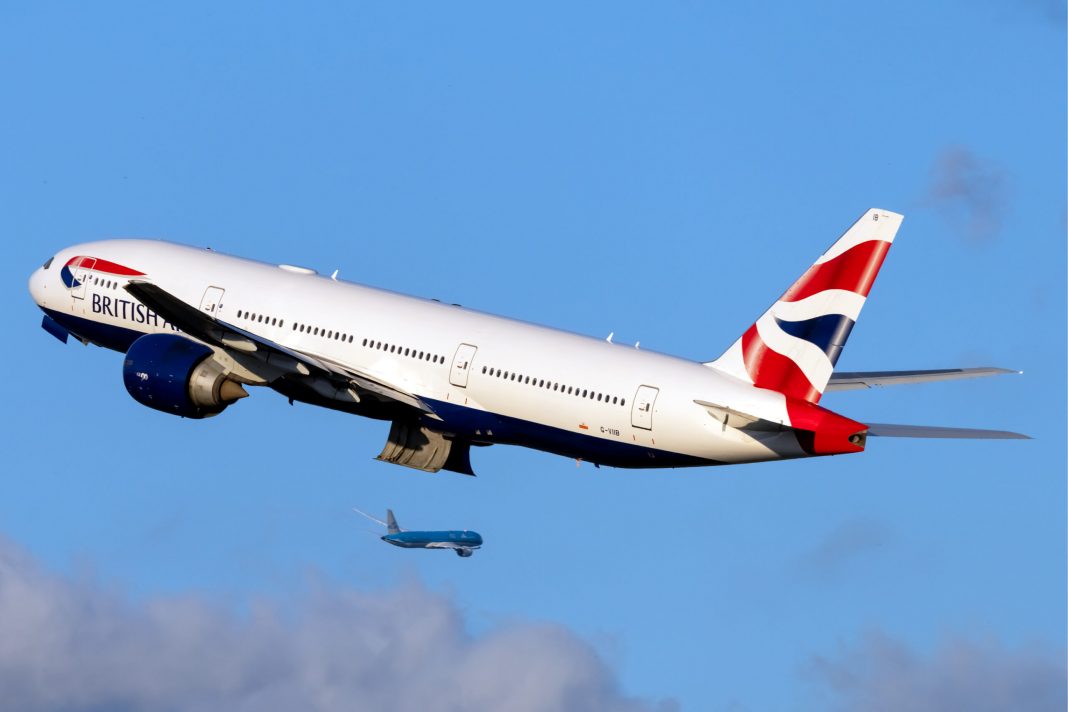The EU has published a contingency plan in the event that the UK crashes out of Europe without a deal on January 1st. The no-deal plans aim to ensure air connectivity is maintained, giving permission for air carriers to continue flights for up to six months maximum.

Contingency plans to keep planes flying
The European Union has released defined contingency plans to keep people moving in the event of a no-deal Brexit. As the deadline draws ever nearer, and with both sides unwilling to compromise, the possibility of exiting Europe without a deal in place is becoming a pressing issue for companies that do business across borders.
Flights, in particular, were considered to be at risk, as without a deal in place, the EU could withdraw operating licenses. Airlines that are not majority-owned and controlled by EU, EEA, or Swiss nationals would face losing their right to fly into the bloc. The carriers considered to be at risk included easyJet, Ryanair, and British Airways owner IAG.
Under the contingency plans, the EU is granting a six-month grace period to airlines affected by the policy. In the event of a no-deal Brexit, affected airlines will have a maximum of six months to apply for and receive new flight rights unless a deal is reached in the meantime.

The International Air Transport Association (IATA) issued a statement on the situation, saying,
“We welcome the Commission’s publication of the proposed contingency plan for air services and aviation safety and we urge the UK to publish its proposal as soon as possible. We would prefer the certainty of a complete and final Brexit deal and hope that this can still be negotiated. However, in the absence of a deal then this contingency will be vital for a seamless continuation of air connectivity.
“The contingency plan offers the chance to minimize disruption for passengers, but in addition to waiting for the UK to reciprocate, there remain issues which airlines will need to see clarified, including the transfer of passenger name record data from the EU to UK to be GDPR compliant. The maximum six-month timeframe is also a concern as it does not leave much time to agree a more comprehensive long-term solution.”
Six months is not long to get an awful lot ironed out, but for now, at least passengers can continue to book flights for 2021, confident that they will be allowed to proceed. The Union has stated that it expects the same contingency to be afforded to EU airlines operating into the UK in response.
A question of safety
As well as affecting the operating licenses and flight rights of non-EU owned airlines, Brexit is threatening to cause problems on aviation safety certificates too. Currently, EASA provides certification of safety for aircraft parts, construction and contents. Without Europe, a continued involvement of EASA in UK owned airline safety is not envisaged.

This role will therefore fall to the UK’s Civil Aviation Authority (CAA). It was hoped that EASA’s certifications would continue to be recognized for a period of two years following Brexit, or at least that’s what was in the original deal.
With the UK backing out from the deal, the question of who certifies aircraft is up in the air. However, the no-deal contingency plan allows for all safety certificates for aircraft parts approved before the end of the transition period to continue to be valid for a maximum of six months.
Overall, it’s good news that UK airlines will have a grace period, thereby avoiding aircraft being grounded and disruption to passengers. However, six months isn’t long, so it still remains crucial that a deal is reached swiftly to avoid placing immense pressure on airlines in the coming months.
[ad_2]
Source link


